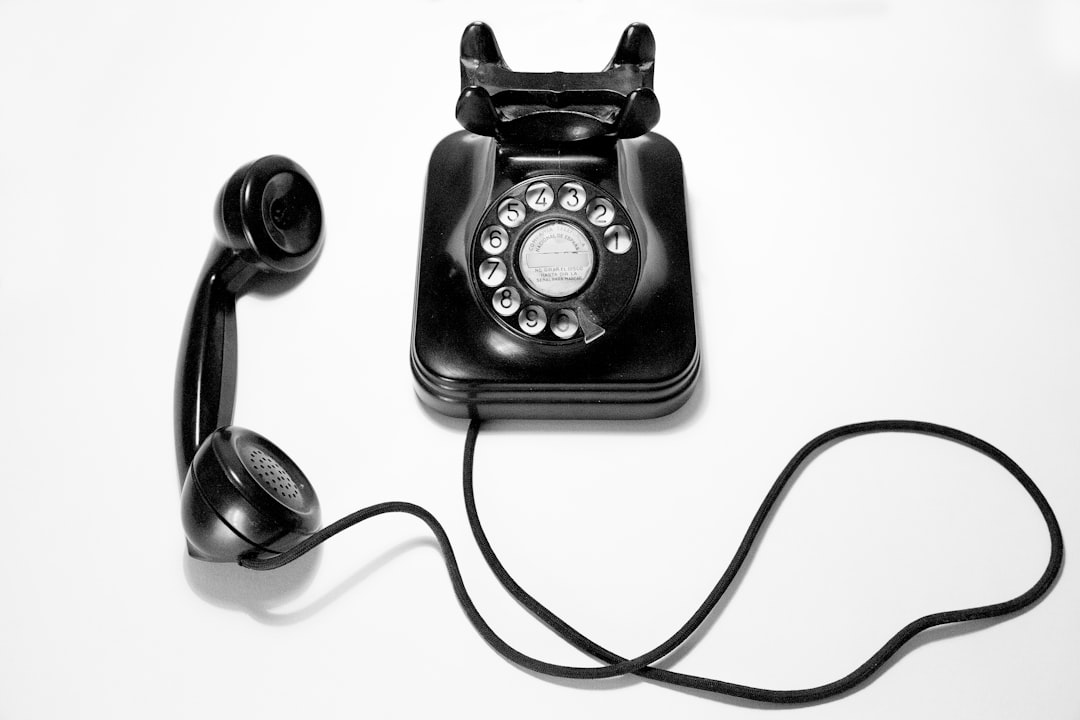Spam text messages are a growing problem in Minnesota, leading to strict regulations to protect consumers. Individuals can report spam easily, with legal protections offering up to $500 per message. Spam texts lawyers in Minnesota specialize in navigating these laws, helping clients report, gather evidence, and seek remedies like monetary damages or injunctions to foster a safer digital environment.
In today’s digital age, spam text messages have become a pervasive and annoying issue for Minnesotans. Understanding the legal protections available under Minnesota laws is crucial for consumers looking to combat unwanted messaging. This article explores definitions of spam texts, the reporting process, and the significant role lawyers play in navigating these disputes. Learn about your rights and how legal professionals can assist in effectively dealing with spam texts in Minnesota.
Understanding Spam Text Messages: Definitions and Minnesota Laws

Spam text messages, or unsolicited bulk messaging, have become a pervasive issue in today’s digital landscape. In Minnesota, these messages are regulated to protect consumers from unwanted and potentially harmful communication. The term ‘spam’ typically refers to marketing or advertising texts sent en masse, often without the recipient’s explicit consent.
Minnesota laws, like many other states, have implemented strict guidelines to combat spam texts. These regulations aim to give individuals control over their mobile devices and ensure that businesses respect consumer privacy. Understanding these laws is crucial for both consumers and business owners in Minnesota, as non-compliance can result in legal repercussions. Engaging the services of experienced spam text lawyers in Minnesota can help navigate this complex area of legislation effectively.
Reporting Spam Texts: Steps and Legal Protections in Minnesota

In Minnesota, reporting spam texts is a straightforward process designed to protect consumers from unwanted and potentially harmful messaging. The first step is to save the text message along with any identifying information, such as the sender’s phone number or email address. Next, individuals can file a complaint using the official channels provided by state or federal communication regulators. Many carriers also offer dedicated mechanisms for reporting spam texts directly through their apps or websites. Engaging these steps not only helps curb spam but also provides valuable data to spam texts lawyers in Minnesota who specialize in navigating the legal protections afforded to consumers under state and federal laws, such as the Telephone Consumer Protection Act (TCPA).
Legal protections against spam texts are robust in Minnesota. Individuals who receive unsolicited text messages from automated systems or prerecorded messages can take legal action. The TCPA allows for damages of up to $500 per violative message, which can be trebled if the court finds willful or knowing noncompliance. Moreover, state laws may offer additional remedies and penalties, ensuring that those who misuse text messaging for spam face significant consequences. Consumers are encouraged to document all instances of unwanted texts and consult with spam texts lawyers in Minnesota for guidance on pursuing legal options if necessary.
The Role of Lawyers in Navigating Spam Text Message Disputes in Minnesota

In the realm of spam text messages, lawyers in Minnesota play a pivotal role in navigating complex legal disputes. With the rise of unwanted and fraudulent text messages, individuals often find themselves overwhelmed and unsure of their rights. Here, legal professionals step in to guide victims through the process of reporting and addressing these issues. They help interpret Minnesota’s laws and regulations related to spam texts, ensuring that clients’ rights are protected.
Lawyers specializing in this area can assist with drafting formal complaints, gathering evidence, and communicating with service providers to block future messages. Their expertise enables them to represent clients effectively, seeking remedies such as monetary damages or injunctions against the perpetrators. By leveraging their knowledge of technology and legal systems, these lawyers empower individuals to take action against spam text messages, fostering a safer digital environment in Minnesota.






